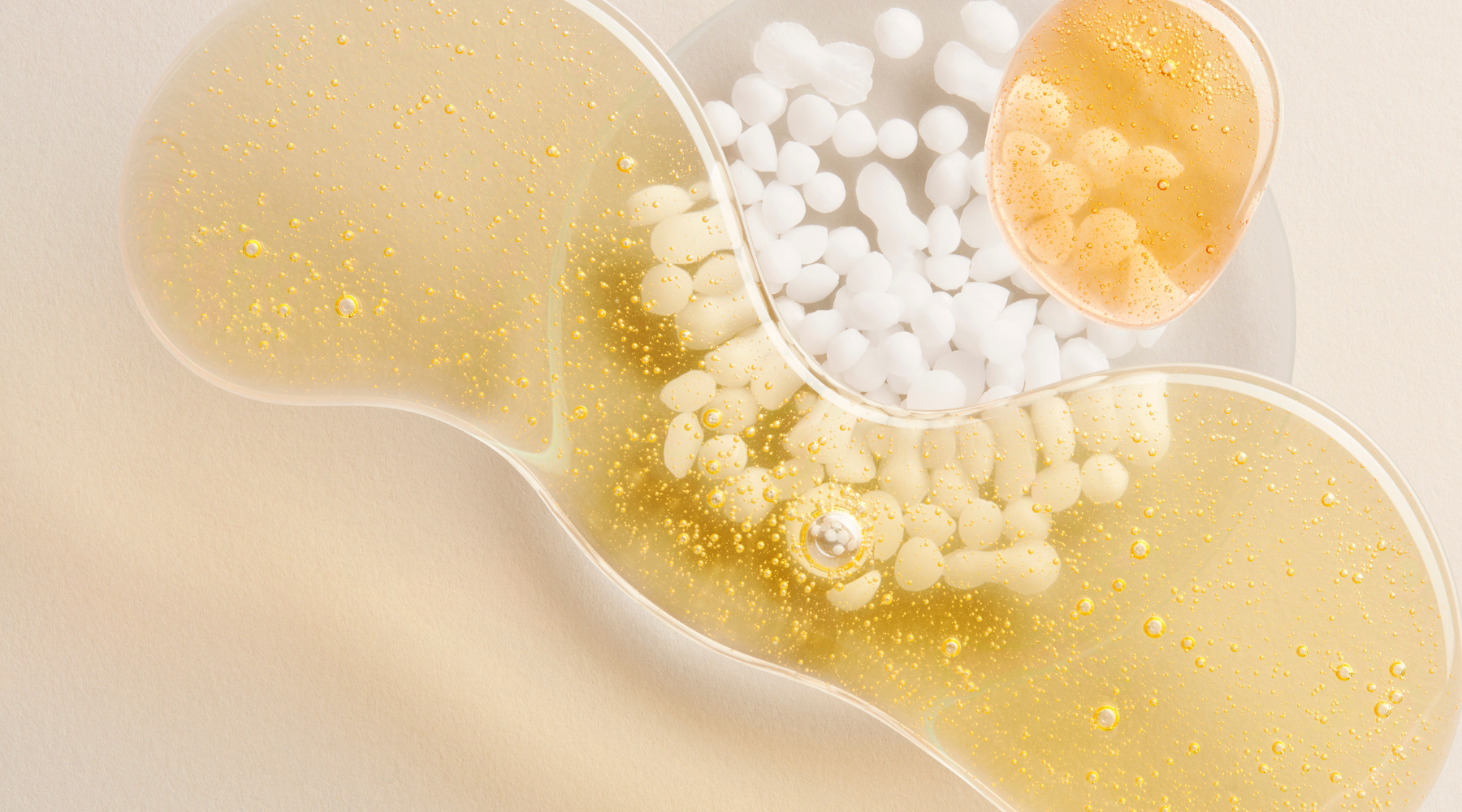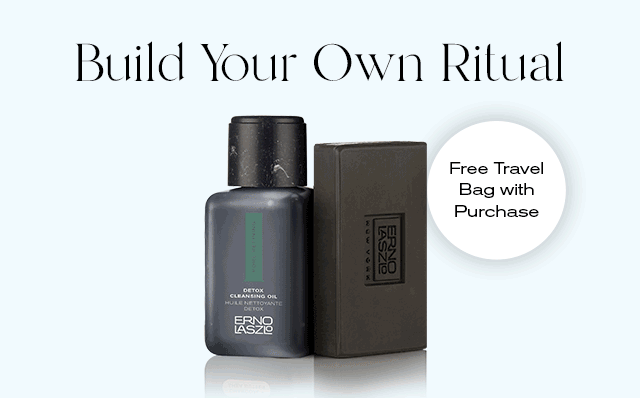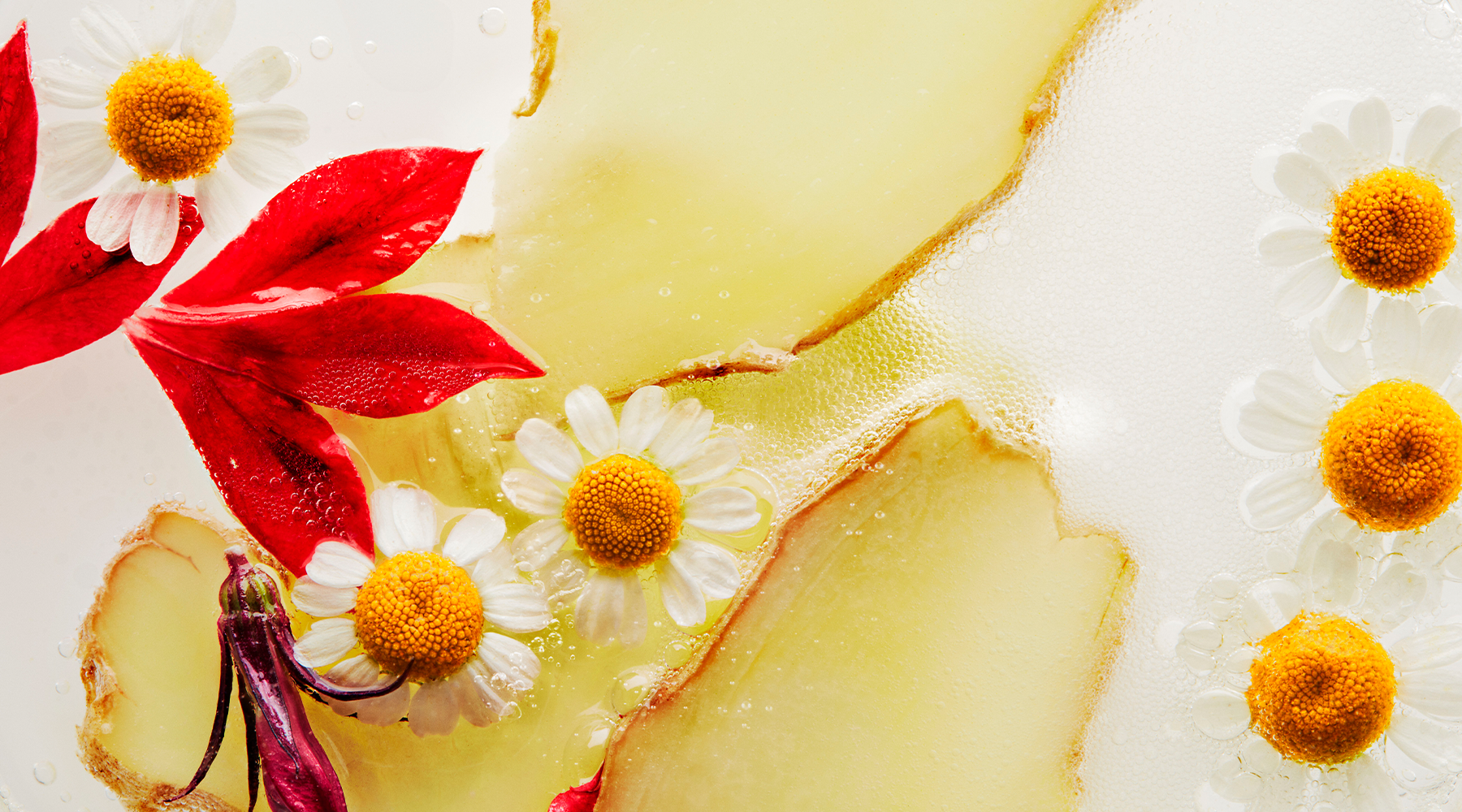
5 Ingredients For Healthy Skin
There is no one-size-fits-all approach to skincare, and different skin types require different approaches. However, there are a few universal ingredients that provide amazing benefits to all skin types.
Maintaining healthy skin involves following good skincare habits and incorporating the right ingredients into your daily skincare routine. What you put on your skin can be just as important as what you eat, which is why the secret to healthy-looking skin lies in the ingredients you use.
To ensure you're giving yourself the best chance at achieving healthy skin, here are 5 key ingredients you should look for when shopping and choosing your skincare products to get the most out of your skincare routine.
1. Ceramides
Ceramides are lipids that form a protective barrier on the skin. They bind skin cells in the epidermis, trapping moisture and warding off allergens and external aggressors from entering the dermal layer to maintain its structural integrity. This makes ceramides essential for maintaining healthy and functioning skin.
Ceramides retain moisture, prevent water loss, regulate oil production, and protect skin from environmental stressors. This helps reduce the look of redness, soothe irritation, boost hydration and moisture, clarify, and improve the texture and tone of the skin.
Ceramides naturally occur in the epidermis, but as we age, their production decreases. This is why it's important to include ceramides in your skincare routine to preserve and restore skin's natural protective barrier, boost hydration, and help keep skin looking plump and healthy.
There are nine different ceramides found in the skin. Based on clinical data, ceramides 1, 3, and 6-II have been proven to be the most effective, which is why they are commonly used in skincare products.
To get the best results from your skincare, look for products that contain ceramides 1, 3, and 6-II. Extra Dry Phelityl Cream, which contains Ceramide NP, also known as ceramide 3, is the perfect choice if you're looking to nourish dry skin and replenish vital moisture and nutrients while fortifying skin's protective barrier.
2. Hyaluronic Acid
Hyaluronic acid is a humectant found in the human body that draws moisture from the environment and binds it into the skin. This delivers maximum hydration and moisture to your skin cells, helping keep skin hydrated, moisturized, and plumped throughout the day by maintaining optimal water levels.
This humectant has been called the "Molecule of Youth" because it has high water absorption capabilities (up to 1000 times its weight in water!). Because of this, Hyaluronic Acid is incredibly effective at retaining moisture, making it great for all skin types.
Hyaluronic Acid not only helps hydrate and moisturize the skin, it also helps soothe signs of redness. It’s a popular ingredient for anti-aging as well because it reduces the appearance of fine lines, wrinkles, and other signs of aging by replenishing skin cells with lost moisture.
Hyaluronic acid is naturally produced in the human body, but as we age, it decreases due to the complex process and the metabolic power of cells needed to create it. As a result, our skin loses its hydration, volume, and plumpness with time.
Including hyaluronic acid in your skincare routine is a skin-changer because it's an all-star ingredient when it comes to hydration. To get the best results, look for products containing sodium hyaluronate — a derivative of hyaluronic acid — which has a smaller molecular size and greater penetration power, allowing it to penetrate deeper into the skin for maximum hydration.
Skin Supplement Essence is perfect for those with extra dry skin that needs an instant boost of hydration to restore a comfortable feel. This essence’s unique formula helps replenish moisture, leaving the complexion feeling moisture-rich, refreshed, and energized.
3. Niacinamide
Niacinamide, a form of vitamin B3, is a water-soluble vitamin that plays a key role in keeping our skin healthy and looking its best. It's one of the most effective ingredients for targeting multiple skin concerns.
This water-soluble vitamin stimulates ceramide production to strengthen the skin's protective barrier, preventing transepidermal water loss (TEWL), boosting hydration, and reducing sebum production to help tighten large pores and minimize breakouts, making it an effective ingredient for acne-prone skin.
Furthermore, it has antioxidant properties that protect your skin from environmental stressors. Niacinamide increases the production of NAD+, a molecule that helps cells proliferate and allows your body to absorb and neutralize free radicals — potentially dangerous molecules that can damage skin cells — to combat and reduce signs of premature aging.
If that wasn’t enough to convince you to include niacinamide in your skincare routine, this powerful ingredient, also known for reducing hyperpigmentation and discoloration, works by inhibiting melanosomes from transferring pigment from melanocytes to keratinocytes. This helps to even out skin tone and prevent dark spots, making it an effective ingredient for those looking to correct and brighten dull or uneven skin.
Niacinamide has also been proven to reduce the appearance of fine lines and wrinkles by boosting elastin and collagen production to firm and plump the skin, making it look smoother, brighter, and more youthful.
Your body doesn't produce niacinamide naturally, so to get the skin benefits of this ingredient, you'll need to look for it in external sources such as skincare products. Phormula 3-10 Skin Repair is a great option that contains a high concentration of niacinamide, helping to support and strengthen the lipid barrier, boost hydration levels, and combat the look of dullness.
4. Squalane
This non-greasy, non-comedogenic, and non-irritating ingredient has a small molecular size which allows it to absorb quickly into the skin for immediate moisture, making it an ideal ingredient for all skin types, even the most sensitive.
Squalane is an antioxidant, making it great at protecting the skin from harsh environmental stressors, soothing signs of redness, balancing excess oil production, and fighting acne.
Since squalane is a natural compound originating from our body's own scalene, it's considered an important lipid produced by skin cells. It makes up a substantial portion of our skin's natural sebum — accounting for somewhere between 14 and 16% — to lock in hydration and moisture while restoring and protecting your skin's barrier from dehydration and environmental damage. But with age, our body's natural production of squalane begins to decrease, resulting in drier and duller-looking skin.
Introducing squalane into your skincare routine with a moisturizer such as Mattifying Gel Moisturizer is a simple way to replenish and restore the skin's natural barrier, resulting in softer, smoother, and healthier-looking skin.
5. Lactic Acid
Lactic acid is an alpha hydroxy acid (AHA) derived from milk that works to exfoliate by gently breaking the bonds that hold dead skin cells to the surface of the skin, revealing smoother, brighter, and healthier-looking skin.
This AHA helps exfoliate clogged pores to renew the appearance of skin, while its moisturizing properties boost hydration to help reduce oil production and keep skin feeling soft and supple.
Lactic Acid has been found to effectively reduce hyperpigmentation by speeding up the shedding and resurfacing of skin cells that have developed an accumulation of extra pigment, thus diminishing any discoloration or dark spots.
Lactic acid is also known to be a powerful anti-aging ingredient. It encourages skin cell turnover and the production of elastin and collagen — proteins responsible for giving your skin its structure — which in turn reduces acne scars, rough texture, fine lines and wrinkles all to reveal porcelain skin.
Brightening Dual-Phase Peel is an innovative two-step treatment to get your skin looking brighter, smoother, and younger. The first step uses Polylactic Acid to mechanically exfoliate your skin, buffing away dead cells and revealing a brighter complexion. The second step, the Lactic Acid liquid activator, gives a secondary exfoliation to help eliminate any remaining dirt or debris from skin's surface.
It is important to note that everyone's skin is unique, so before using any new skincare product, pay attention to how your skin reacts and adjust the frequency of use accordingly. When it comes to skincare, it's always best to start slow and introduce new products slowly so as not to disrupt your skin's balance.
Keeping these 5 key ingredients in mind when shopping and choosing skincare products is a great way to get started with creating a daily routine that will help you achieve your very best skin.
Written by Suyud Issa, a licensed aesthetician, who’s in love with the skin and its complexity. Her blog, All Skin Care Talk, focuses on providing the best skin care content to improve one's skin.









Leave a comment
This site is protected by hCaptcha and the hCaptcha Privacy Policy and Terms of Service apply.